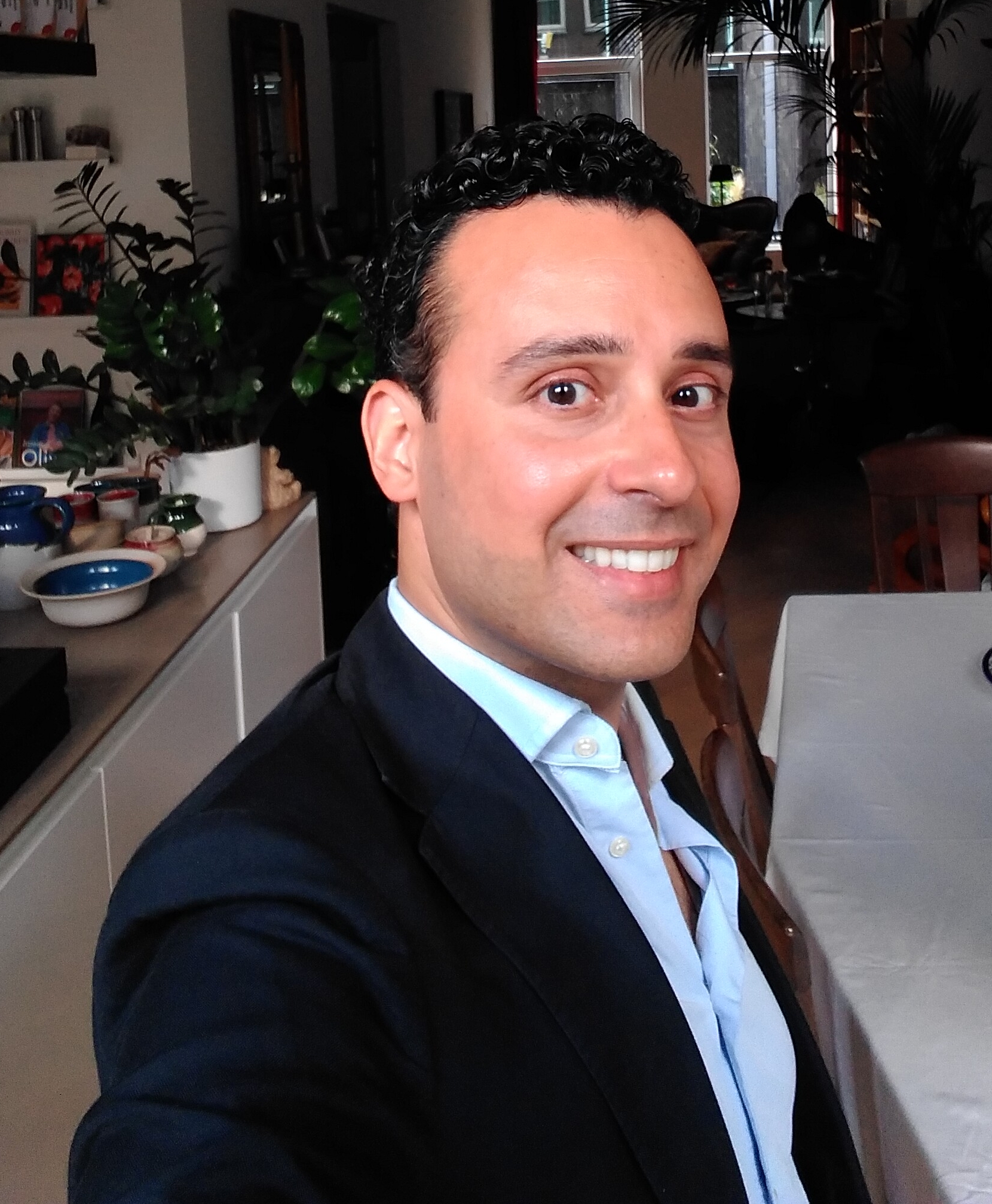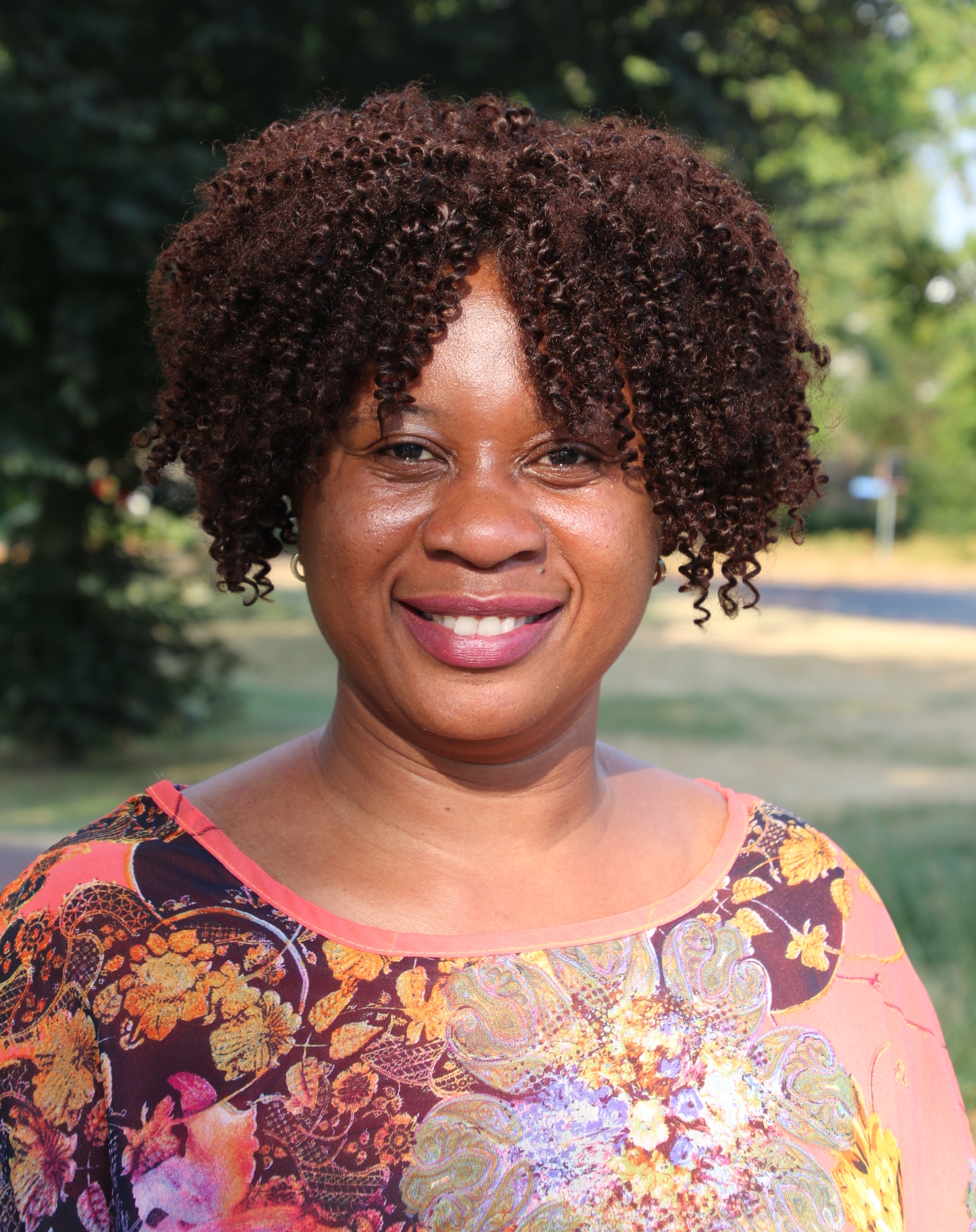In 1991, the Sierra Leone Civil War broke out as the result of numerous preceding socio-political impasses. Today, twenty-seven years after this event and sixteen years after the respective war was officially declared over, the West African nation has trodden a new path. While Sierra Leone is still coping with not negligible challenges, in recent years progress has also been made in a number of areas. How does the Sierra Leonean diaspora, in particular women, experience these transformations and what is their share in these developments? The following is an interview with the Dutch-based Sierra Leonean philanthropist and entrepreneur, Florence Schopman-Sesay.
“From my perspective, peace-building is an ongoing process”, says Florence at the start of the interview. With this, she refers to the 2005 resolution of the United Nations to change its mandate in Sierra Leone from peace-keeping to peace-building. “It takes collective commitment and joint efforts and sometimes requires the boundless dedication of a whole generation”, she adds.
For that matter, Florence recounts the hope of many of her countrymen that the recent Sierra Leonean general elections will indeed contribute to a reform when it comes to the nation’s democratic system. “One spearhead? Tackling the oblique exploitation of natural resources, such as diamonds and other mineral resources, which Sierra Leone is blessed with —the fight against corruption is thus crucial in order to ensure transparency and accountability”.
“Women are agents of change because whatever is given to a woman will be multiplied”
In 2017, the United Nations World Travel Organization designated Sierra Leone as the country with by far the fastest-growing tourism industry in the world at that point. In this respect, Florence opens up the debate on a new topic: the involvement of Sierra Leonean diaspora grassroots initiatives in her country’s reconstruction. “Having had the opportunity to earn an undergraduate degree in hospitality in Europe, my objective is threefold: firstly, I’m engaged in several entrepreneurial activities to create awareness of the touristic potential of Sierra Leone as a destination. Similarly, I collaborate with hotels and hospitality training institutes here in the Netherlands in order to open up new prospects for partnership between both countries in areas such as job opportunities and cultural exchange”. Finally, Florence spends many working holidays, as she refers to them, in her native country whilst motivating, training and inspiring students of several local hotel schools, and also numerous hotel personnel throughout the country —she performs the latter in close consultation with the Sierra Leone Tourist Board.
Talking about young people in Sierra Leone is also talking about the issues revolving around the, according to estimates, over 300,000 children growing up without parents in the West African nation. Says Florence: “The civil war, Ebola and several other natural disasters have contributed to the massive increase of orphans in Sierra Leone”. Here too, Florence is active in her grassroots efforts, having established the Florinah Orphanage. “Our mission is to collaborate with local authorities to ensure that the basic needs of all orphans are well catered for so that they can become full-fledged members of society”. With a total of fifty beneficiaries, the orphanage provides comprehensive child care to orphans, both boys and girls, aged 2-16 years. At the Florinah Orphanage, children are also empowered through education in order to end poverty. As a matter of fact, the orphanage’s main sustainable strategy is community engagement. “Proper community monitoring committees and community members are trained in comprehensive child care management — they are equipped with basic tools on child protection and community engagement”, Florence expounds.
“We all have a vital role to play irrespective of status”
While global news reports with regard to women’s rights in Sierra Leone are varying, women do seem to have an explicit role in the rebuilding of the nation. “There are still challenges and room for improvement regarding this subject”, Florence confirms. “Access to property after the loss of a husband, denial of healthcare and education and under-representation in public and political life are just a few examples”. Once again, Florence comes into play with another of her charitable endeavours: Women of Potential. “In recent years, we have embarked on sensitisation and training in entrepreneurship programs to empower, inspire and help more women to take their rightful place and fulfil their potential”. Despite the existing bottlenecks, Florence ensures to have detected positive changes in past years: “Women are agents of change because whatever is given to a woman is multiplied”.
On balance, Florence reaffirms once more that the evolution of her country of birth can only be accomplished through shared responsibilities. “We all have a vital role to play irrespective of status —be it in the public sector, NGOs, civil society or private sector, we must establish this change together”.


